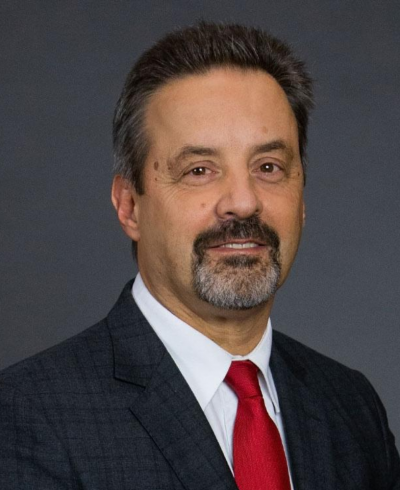As the world managed to get a hold of the pandemic and overcome many of the the ordeals of the last two years, universities quickly began to focus on the many post-COVID challenges and on the rising opportunities in Higher Education.
Little did we know that the world would soon face a new war situation with the Russian military invasion of Ukraine, which has threatened global peace and triggered a major economic crisis, not just in Europe but worldwide. In fact, in the globalized world of today, even the seemingly small changes can cause a butterfly effect, let alone a war involving one of the world’s largest exporters of grains and one of the world’s largest energy producers and military powers.
This whole situation has caused, first and foremost, a dramatic toll on human lives, leading to the destruction of key infrastructures and massive displacements in Ukraine, but it has also undermined the world’s economic recovery from the COVID-19 pandemic with rising inflation, threatening food and energy insecurity, and deepening social and economic inequalities.
In other words, under this new context, the much-needed prospects of a post-pandemic economic recovery turned into a mirage far-away in the horizon, as the global economy continues to be weakened by the ongoing war.
This scenario calls for urgent action in which universities play a very important role. How?
More broadly, by ensuring that sustainability becomes a European value, politically assumed by the EU and, as such, by all European universities and their partners who are concerned with the well-being of future generations and the planet, alongside other fundamental values such as the respect for democracy, human dignity, and equality.
More specifically, by 1) developing knowledge-based solutions that can help businesses and governments become less vulnerable to similar crises in the future, like innovative solutions based on renewable energies, and replace fossil fuel exploitation – which is unacceptable in the green and sustainable world we are striving to build for ourselves and, most importantly, for the next generations –; and 2) by promoting a human rights culture, equality policies, and academic freedom and integrity.
NOVA took on the agendas of the Sustainable Development Goals and the European Green Deal as its main agenda with society.
This is the commitment that supports our strategic vision of being a global and civic university, and it is also our most ambitious commitment, as its success depends on several internal and external factors, which are interrelated, and on the ability to implement political, organizational, and behavioral changes.
Our institutional and academic activity for sustainability began a long time ago, in a very diverse and very relevant way in all our schools. In all of them, with no exception.
However, the integration and strategic enhancement of pro-sustainability activities gained new boost with the creation of a dedicated platform – NOVA 4 The Globe, and the appointment of a Pro-Rector to coordinate it.
This platform involves all NOVA Schools and seeks to address the Sustainable Develop Goals in an interdisciplinary manner and guided by concrete Missions. However, decarbonizing, reducing social inequalities, predicting and preventing new pandemics are examples of very complex missions, which require intra and inter-institutional collaboration, participation in large international knowledge networks and the commitment of many different actors inside and outside the NOVA, at regional, European and global level.
At NOVA, we have the knowledge, the talent and the willingness to take on missions that promote Sustainable Development in the areas of environment, society and health. But we need to disruptively increase the production of relevant knowledge that makes it possible to contribute, in fact and significantly, with adequate solutions for the various problems in which these missions unfold. And to be really effective, we cannot do it alone, especially under the current context, but together with different partners from the Industry, Civil Society and Academia.
Furthering academic knowledge in times of war is not just a necessity, it is a duty that universities must fulfil for the advancement of our society and wellbeing of the next generations. In doing so, we will be on the right side of history.
To all our friends and partners from across the YERUN community, I wish you a joyful holiday period and a more peaceful 2023!
João Sàágua, NOVA University Lisbon










